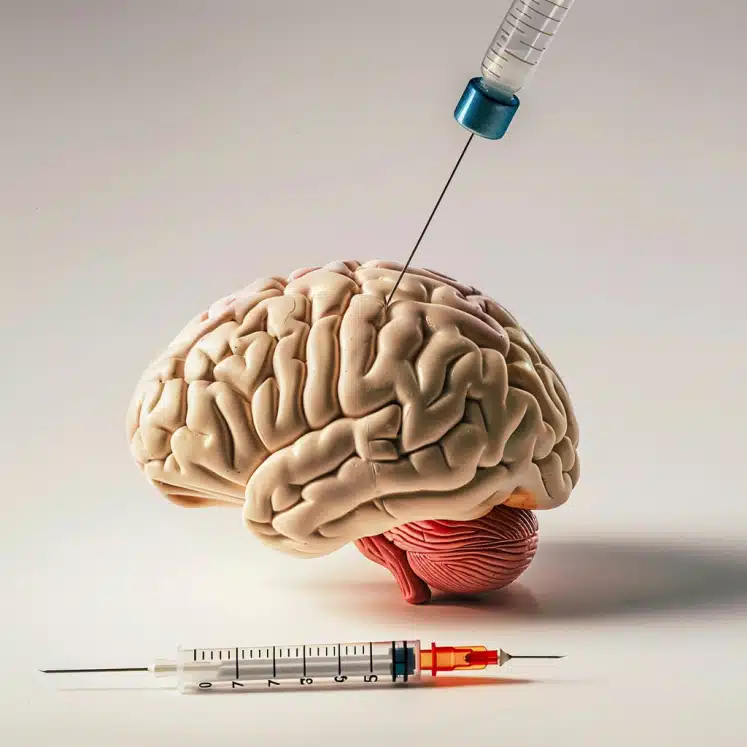OCD Treatment with Antidepressants (SSRIs) Alters Brain Structure & Functions (2024 Study)
Antidepressant treatment in OCD is linked to structural and functional brain changes, particularly in corticosubcortical areas, but these findings need further validation in larger, more homogeneous samples. Highlights: Antidepressant Use: Antidepressants, especially SSRIs, are a primary treatment for OCD, resulting in significant brain changes. Brain Structure Changes: Studies show volume alterations in the thalamus, amygdala, …










